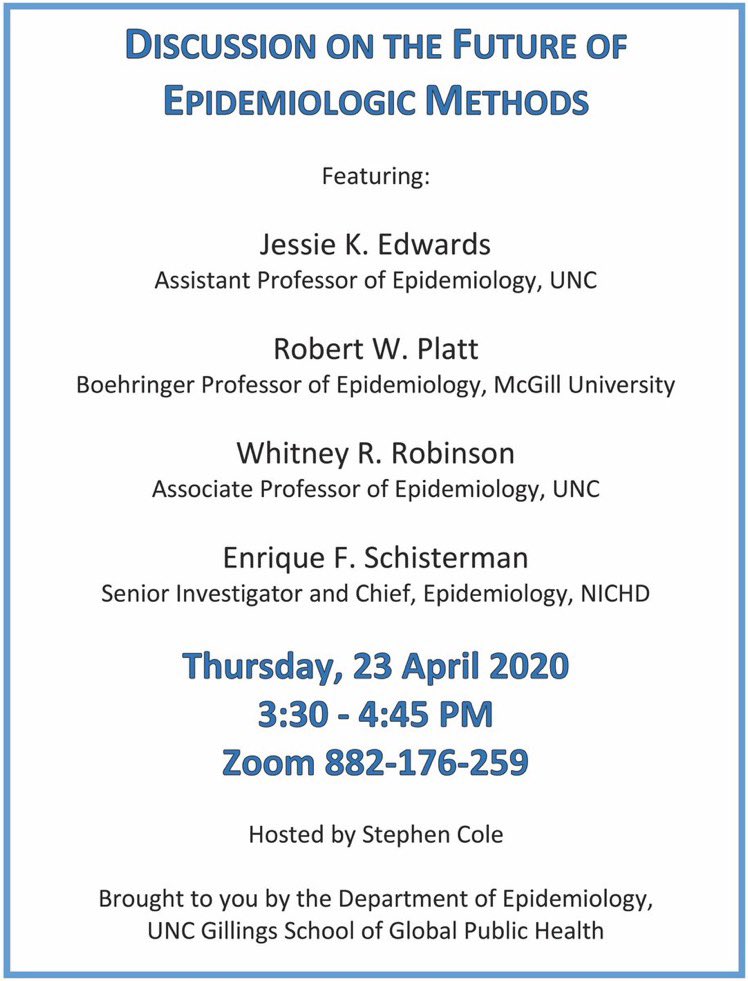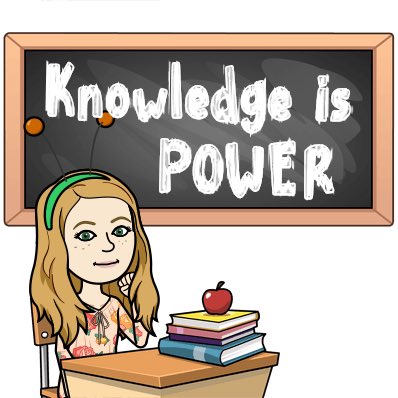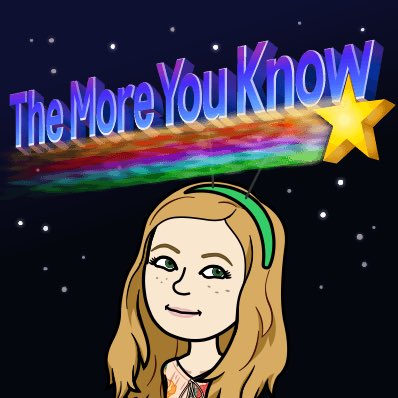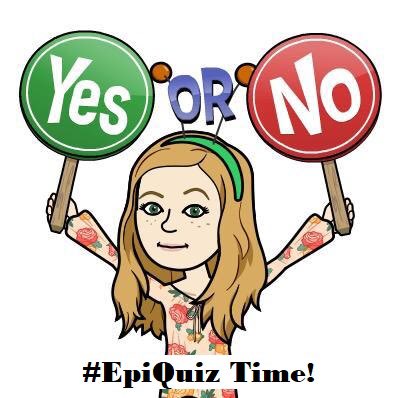
American Journal of Epidemiology. Published by Oxford University Press on Behalf of the Johns Hopkins Bloomberg School of Public Health.
https://t.co/ZFpyAoYxCS
How to get URL link on X (Twitter) App



 Starting us off, @edwardsjk and @robertwplatt both talk about *data*
Starting us off, @edwardsjk and @robertwplatt both talk about *data*
 E-values were first developed by Tyler Vanderweele and Peng Ding, and is a type of threshold-based quantitative bias analysis.
E-values were first developed by Tyler Vanderweele and Peng Ding, and is a type of threshold-based quantitative bias analysis. 

 So, what is the #targettrial framework?
So, what is the #targettrial framework? 

 I love this paper by @DrRitaHamad which tries to answer the question: did updating the allowed contents of the WIC package to include healthier options actually impact diet & nutrition during pregnancy?
I love this paper by @DrRitaHamad which tries to answer the question: did updating the allowed contents of the WIC package to include healthier options actually impact diet & nutrition during pregnancy? 
 To kick things off, an #epiquiz:
To kick things off, an #epiquiz: